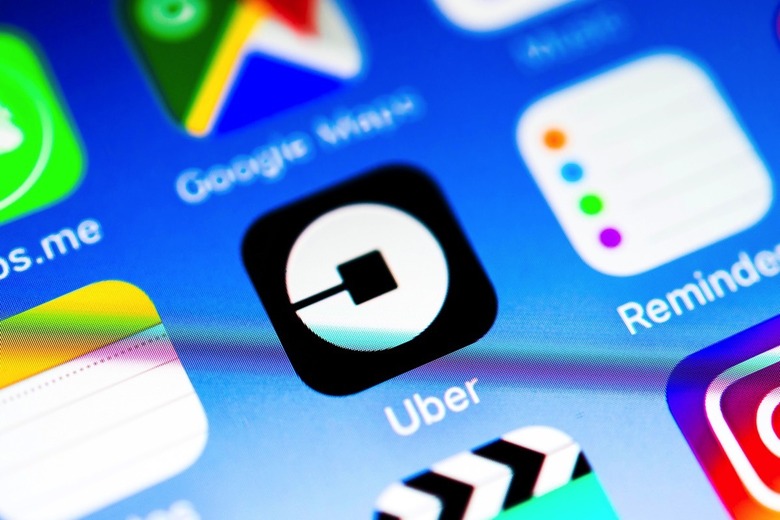Uber Patent Describes Software That Can Tell When You're Drunk
As a matter of good practice, tech companies typically patent every idea they come up with, regardless of whether or not they plan to implement it. And with good reason, patent trolls love targeting tech firms in jurisdictions that tend to give frivolous lawsuits far more leeway than they otherwise deserve. Consequently, it's not uncommon to come across downright bizarre patents that will never see the light of day. At the same time, sometimes you come across a quirky patent that is equal parts crazy and equal parts genius. A recent patent filing from Uber seems to encompass just that.
Initially spotted by The Telegraph, Uber filed a patent involving software that sets out to detect when a user hailing a ride happens to be intoxicated. The way the software sets out to determine such a thing is actually quite clever. According to the patent, Uber's software would take a number of factors into account, including any typos made when entering in a destination, the time and place from which a ride request is made, and even a "user's walking speed at the time the request is submitted." All of this data can be compared to a user's typical behavior in an effort to determine if a given user is acting uncharacteristically.
The upside to such a feature, as Uber lays out in its patent, is that intoxicated passengers might be linked up with more experienced drivers who "have a history of picking up users in an unusual state." Passengers exhibiting uncharacteristic behavior might also be presented with a tweaked map interface that's easier to navigate and make sense of.
At the same time, the downsides to such a feature seem to outweigh any benefits. As The Telegraph notes, the feature, if ever implemented, could enable nefarious drivers to target drunk riders.
Experts fear it may allow drivers to undertake "drunk hunting" and manipulate fare prices to take advantage of user's state.
...
Prof Andre Spicer, from Cass Business School in London, said: "This opens up the opportunity for drivers to identify drunk passengers and potentially take advantage of it.
"It could lead to the possibility of some drivers avoiding drunk passengers and in the worst cases 'drunk hunting'.
The patent was initially filed back in 2016 and, from what we can gather, there's no evidence suggesting it may become part of the Uber app anytime soon. Still, it's always interesting to see what types of new technologies tech giants are working on behind closed doors.
